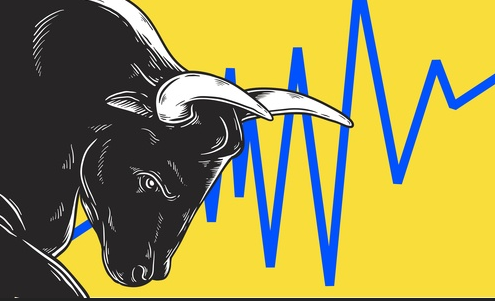
When a share price underperforms the market, how much of that can be blamed on management? Conversely, when prices surge higher, how much credit do the senior execs deserve?
Of course, in the short run, the answer is probably ‘not much’. But even over a period of a year or two it can be hard to connect executive decisions to business outcomes and, in turn, market reactions. Especially for large organisations, where it’s a bit like trying to turn a cargo ship.
Will Lopes at Catapult (ASX:CAT) took the reigns in November of 2019 when shares were at $1.85. Today they are at $1.36. Sure, the timing of his appointment wasn’t great, being on the eve of a global pandemic and all, but after four long years surely we can point the finger of blame in his direction, right?
Well, maybe.
Under his leadership the business has seen:
- Recurring revenue almost double
- Strong customer growth and improved average revenue per customer
- Low and improving churn
- Fixed cost growth contained and improved gross margins
- A transition to FCF positive
Sure, things could’ve improved faster, or to a greater degree. And it’s not like there haven’t been any mistakes. But it’s hard to say that the business has deteriorated under Will’s leadership, at least not to the degree a 25%-odd share price drop might suggest.
This isn’t just about Catapult, though. You can find a lot of examples where shareholders have suffered despite a lack of any major miscalculations by management. Even perennial market favourites like Resmed (ASX:RMD) & CSL Ltd (ASX:CSL) have, under their current teams, seriously underperformed the wider market in recent years. Does this mean we should be calling for fresh blood?
Even in instances where you can point to a clear deterioration in the underlying fundamentals of a business, you have to ask to what degree this was the result of poor decision making, or just unfavourable circumstances. Same store sales at JB Hi-Fi (ASX:JBH) haven’t been great lately, but you can hardly blame the board and management for macro issues that are impacting the entire industry.
On the other side of the coin, how much credit does Managing Director Darren Stralow deserve for the 55% year-to-date surge in shares of Bellevue Gold (ASX:BGL), and how much is to do with the run up in the price of gold?
None of this is to suggest management should never be held accountable for shareholder returns. But we should be careful to distinguish between what we might reasonably call bad luck, versus poor decision making. Further, we must acknowledge that good and bad decisions alike usually take some time to reveal themselves.
Even then, an objective improvement in the fundamentals can, for a time, be more than offset by falling investor sentiment (and vice versa). And sometimes falling share prices are more to do with former market excess rather than undue current pessimism.
The fact is, management can’t really do much about what the market thinks. Indeed, the kinds of things they can do to improve short-term share prices often come with long-term costs, and can also reveal a worrying cynicism and lack of respect for shareholders.
It’s also good to remember Buffett’s line that “when a management with a reputation for brilliance tackles a business with a reputation for poor fundamental economics, it is the reputation of the business that remains intact.”
As with Ben Graham’s analogy of the voting/weighing machine, given enough time, management are absolutely responsible for shareholder outcomes. But in the short to medium term, it’s best to judge them on things like:
- Clarity, consistency and candour in communication
- Accepting blame when genuine errors were made
- Putting their money where their mouth is (aka, skin in the game)
- Framing and articulating decisions through the lens of return on invested capital, opportunity cost and downside risks
Ultimately, for any reasonably sized operation, the CEO is mainly responsible for (1) setting the culture and (2) capital allocation. And it is that for which they should be judged.
And, when things do go wrong, as they inevitably will from time to time, remember that, as Eisenhower said, “The search for a scapegoat is the easiest of all hunting expeditions.”
Strawman is Australia’s premier online investment club.
Members share research & recommendations on ASX-listed stocks by managing Virtual Portfolios and building Company Reports. By ranking content according to performance and community endorsement, Strawman provides accountable and peer-reviewed investment insights.
Disclaimer– Strawman is not a broker and you cannot purchase shares through the platform. All trades on Strawman use play money and are intended only as a tool to gain experience and have fun. No content on Strawman should be considered an inducement to to buy or sell real world financial securities, and you should seek professional advice before making any investment decisions.
© 2023 Strawman Pty Ltd. All rights reserved.
| Privacy Policy | Terms of Service |
ACN: 610 908 211







